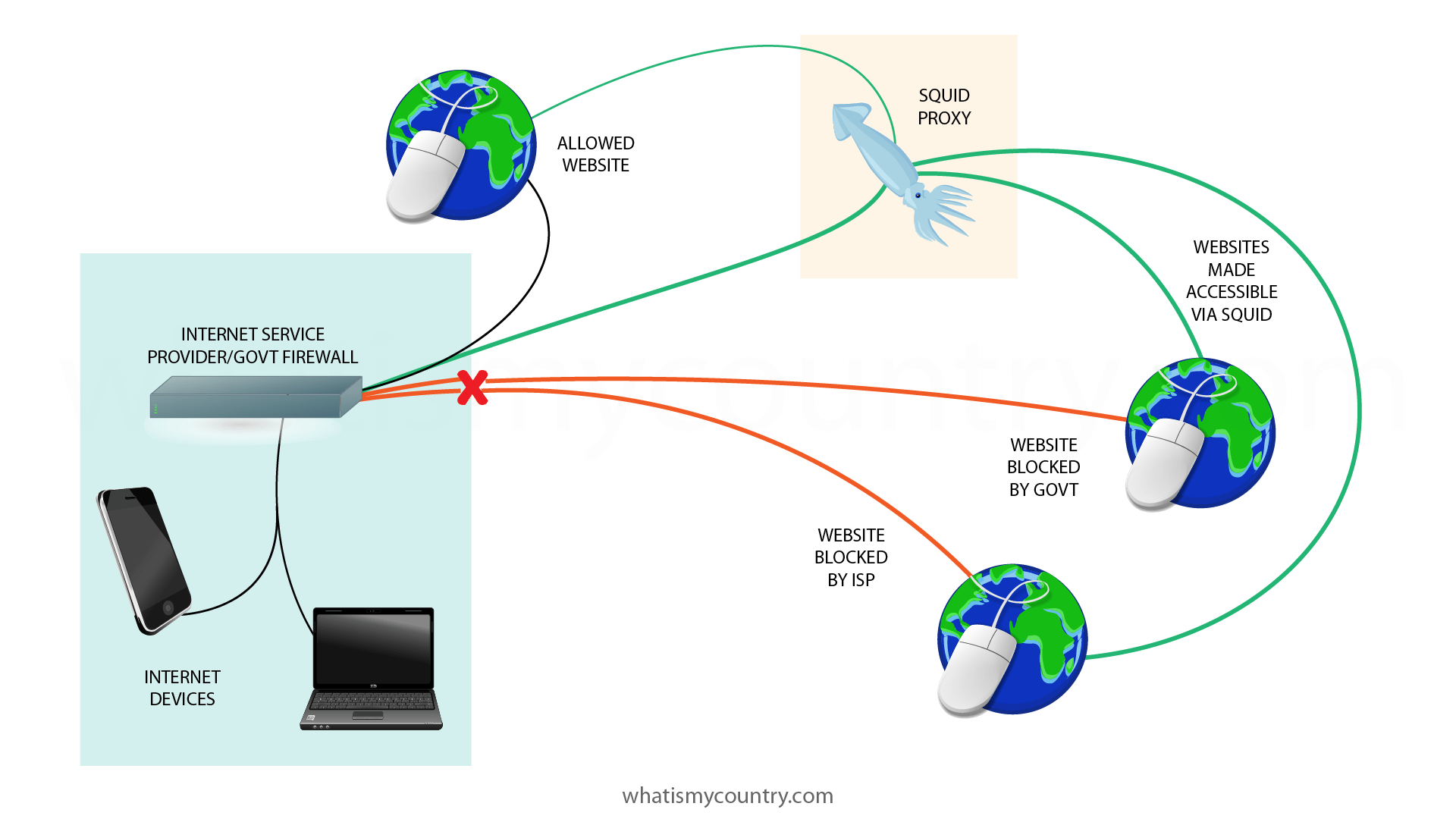Critical Squid Vulnerability: Remote Code Execution Threatens Millions

Critical Squid Vulnerability: Remote Code Execution Threatens Millions
A serious security flaw has been discovered in Squid, the popular web caching proxy. This vulnerability could allow attackers to remotely execute code on affected systems, potentially impacting millions of users. Let's dive into the details and see what you can do to protect yourself.

Setup Squid proxy on cloud to access blocked content
What is the Vulnerability?
The vulnerability, identified as CVE-2025-54574 and SQUID-2025:1, is a heap buffer overflow in Squid's URN (Uniform Resource Name) processing. This means that when Squid handles URNs, it can write data beyond the allocated memory buffer, potentially overwriting critical system data and allowing an attacker to execute arbitrary code.
Think of it like this: imagine you have a glass of water (the memory buffer). If you pour too much water (data) into the glass, it will overflow and spill onto the table (other parts of the system). In this case, the "spilled water" can be malicious code injected by an attacker.
Which Squid Versions are Affected?
This vulnerability affects Squid versions 6.3 and below. If you are running one of these versions, it is crucial to take immediate action to protect your system.
How Can I Protect Myself?
There are a couple of ways to mitigate this vulnerability:
- Upgrade to Squid 6.4: The most effective solution is to upgrade to Squid version 6.4, which contains a fix for this vulnerability.
- Disable URN Access Permissions: As a temporary workaround, you can disable URN access permissions in your Squid configuration. This will prevent Squid from processing URNs and eliminate the vulnerability. However, be aware that this may affect some functionality that relies on URNs.
Technical Details
The vulnerability lies in the way Squid handles URNs. Specifically, there is an incorrect buffer management that leads to a heap buffer overflow. An attacker can exploit this by sending a specially crafted URN request to the Squid proxy, which will trigger the overflow and allow them to execute arbitrary code.
Key Takeaways
- A critical remote code execution vulnerability (CVE-2025-54574) exists in Squid versions 6.3 and below.
- The vulnerability is a heap buffer overflow in URN processing.
- Upgrade to Squid 6.4 or disable URN access permissions to mitigate the risk.
- This vulnerability could allow attackers to take complete control of affected systems.





